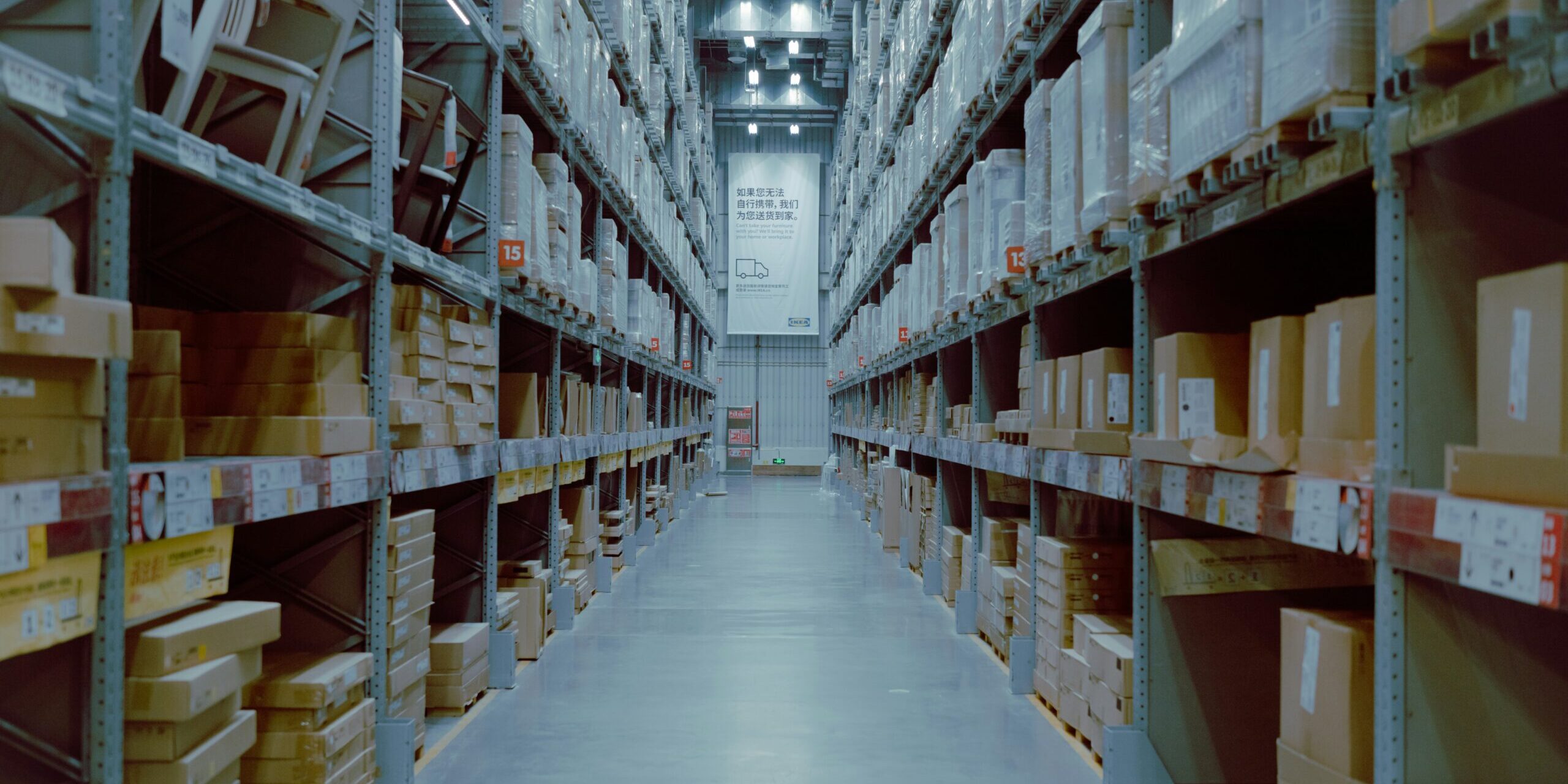Manufacturers are experiencing significant operational transformations, efficiency gains, and improved customer relationships through advanced tracking technologies. A global IT research and advisory firm has recently published an insightful resource on how integrating control tower systems can revolutionize the manufacturing industry. In the rapidly evolving landscape of manufacturing and durable goods, seamless supply chain operations are more critical than ever. Manufacturers are challenged by the need for timely product delivery, reliable suppliers, and high customer satisfaction, all while striving to enhance operational efficiency in a cost-sensitive environment. Addressing these challenges is the concept of control tower integration. This comprehensive industry blueprint, titled “Harmonizing Complexity: Control Tower Integration,” provides manufacturing IT leaders with essential insights into leveraging advanced technologies such as artificial intelligence (AI), machine learning (ML), and the Internet of Things (IoT). By utilizing these technologies, organizations can access crucial real-time data to drive operational excellence and ensure customer and employee satisfaction.
The manufacturing industry faces formidable challenges in meeting customer demands characterized by increased technology adoption, shorter lead times, greater transparency requirements, and decreased tolerance. The technology ecosystems that manufacturing businesses can adopt are drastically changing, and the new solutions that they are adopting call for significantly different skill sets. According to the research, manufacturers encounter significant challenges in integrating control towers, mainly due to ineffective collaboration between IT and operational technology (OT) teams. Many organizations operate in silos, leading to poor communication and hindering integration efforts. The industry also struggles with the complexities of legacy systems and intricate supply chain operations involving multiple suppliers, manufacturers, and distribution networks. Additionally, there is a shortage of skilled specialists capable of effectively managing and operating modern control towers.
The manufacturing industry has traditionally held onto legacy equipment as long as it continued to make money without being exposed to excessive risk. With the market shifting toward a cloud model and integration with legacy on-premises solutions becoming less viable, it is no longer practical to keep legacy equipment in place. The blueprint outlines several control tower integration service capabilities designed to address the challenges of the manufacturing industry. These capabilities can facilitate real-time information sharing among customers and businesses, enabling more efficient operations and better decision-making. Key services include streamlining operations through orchestration, visualization, and collaboration; enabling real-time information sharing via collaboration, sensing, analysis, planning, and response; optimizing demand, inventory, and supply management decision-making; facilitating seamless data exchange through protocols, sensing, and integration; and leveraging AI, ML, and deep learning for actionable insights.
As manufacturers navigate the demands of a rapidly changing market landscape, implementing a supply chain control tower is not just a strategic advantage but a fundamental necessity for sustainable growth. The firm advises that by providing real-time insights and enabling proactive decision-making, control towers offer a competitive edge, ensuring that manufacturers can swiftly adapt to market changes, optimize operations, and maintain high levels of customer satisfaction.
#ICTTMNews #SupplyChainNews #ManufacturingUpdate #TechIntegration #OperationalExcellence #BreakingNews







